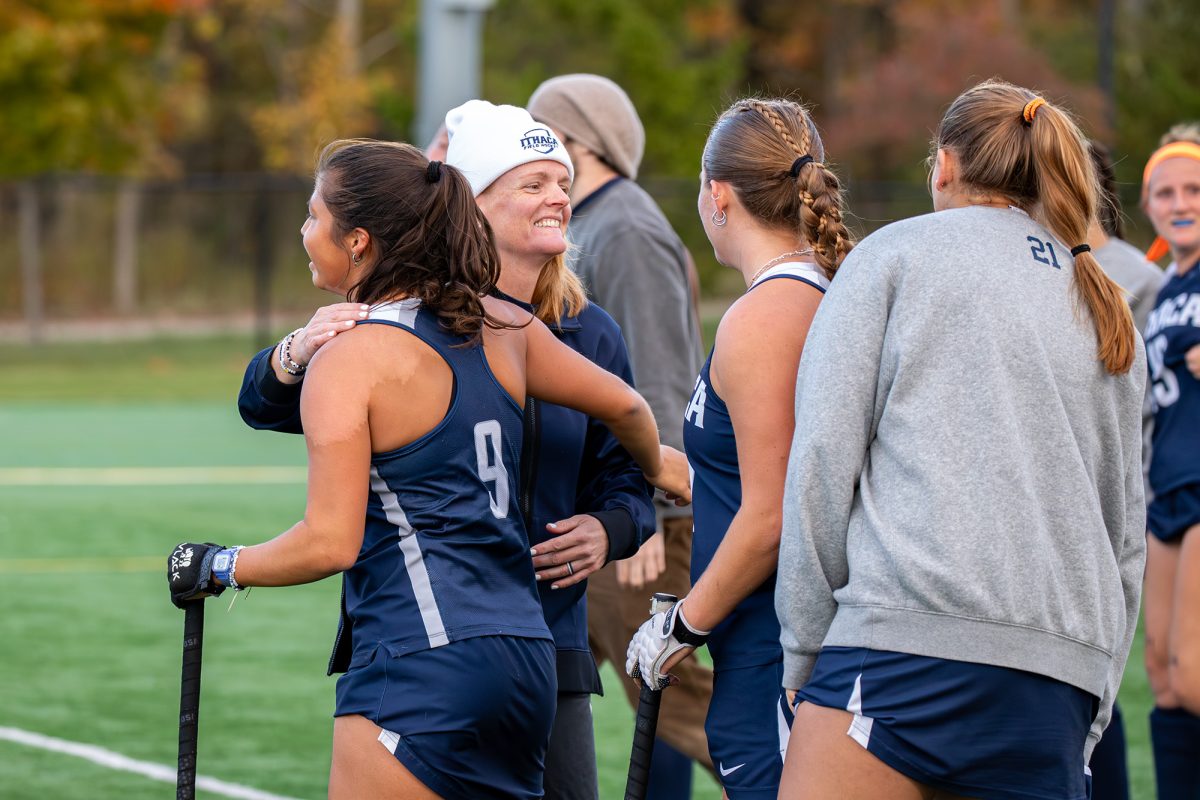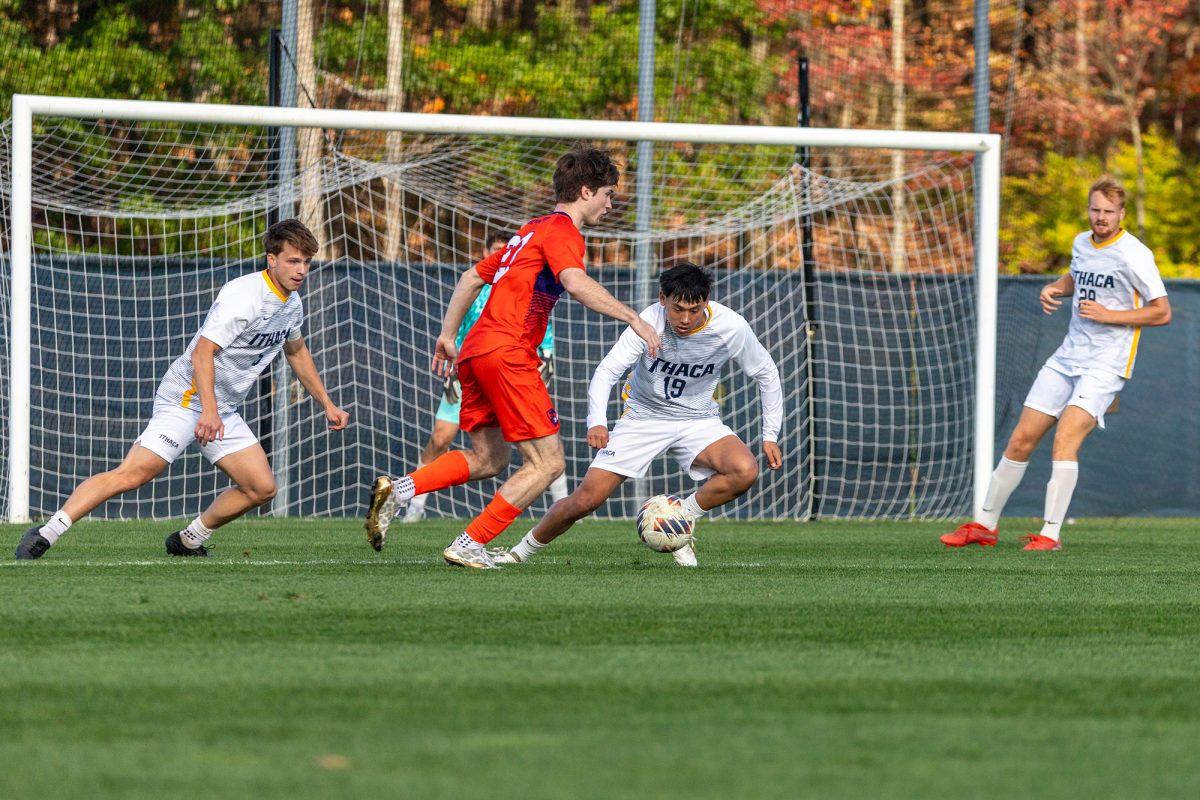The NCAA Division III Administrative Committee announced May 29 that the minimum number of competitions required for all sports sponsorship and championship qualification have been cut by 33% for the 2020–21 academic year.
The committee made the decision in a videoconference May 28 after receiving suggestions from the Division III Membership and Championships committees. The announcement stated that the required number of participants will not change.
The administrative committee said in a statement that it decided that lowering the number of required contests for all teams will make it easier for college officials to make decisions in regard to upcoming athletic seasons while working through the logistical issues because of the coronavirus pandemic.
“The administrative committee concluded that reducing the minimum number of contests required for sports sponsorship and championship selection will help institutions remain in compliance, provide much-needed guidance as institutions map out what competition schedules will look like and will reduce the administrative burden associated with seeking relief in the form of waivers as institutions continue to grapple with the COVID-19 pandemic,” the announcement stated.
The Division III Commissioners Association conducted a survey of the division member institutions. The association found that 85% of participants were in favor of a reduced number of contests in hopes that it will allow colleges to build contest schedules that coincide with academic calendars that are affected by the coronavirus pandemic.
Because all sports’ minimum requirements were cut by 33%, sports that do not compete often in a regular season have much lower minimums compared to teams that compete in over 20 contests a season. These minimum requirements apply to all institutions at the Division III level.
Men’s and women’s cross–country and indoor track and field will be required to compete in a minimum of three contests. Men’s and women’s golf and outdoor track and field will need four contests, while football, wrestling, men’s and women’s swimming and diving and women’s rowing must compete in five. Men’s and women’s lacrosse and tennis both will require seven contests and field hockey eight. Men’s and women’s soccer require a minimum of nine contests. Women’s volleyball will have a minimum of 11 and men’s and women’s basketball 12. Softball’s minimum number of contests will be 16, and baseball will need to compete in 17 contests in order to maintain sponsorship and championship selection, according to the administrative committee’s statement.
Ariyahna Bernard, rising senior on the Ithaca College field hockey and track and field teams, said that she is relieved to see some progress being made in regard to upcoming athletic seasons but that she is concerned by some of the numbers that were shared in the administrative committee’s statement.
“I’m glad that decisions are being made so that plans can start going into effect for when student-athletes can go back to campus, but I’m also a little taken back at some of the minimums,” Bernard said. “As a track and field athlete, the minimum of three [meets for indoor track and field] and four [for outdoor track and field] is questionable. I know that is just a minimum, so we can have more, but with so many colleges cutting their programs lately, I get worried if sports that aren’t as popular are being thrown to the back burner.”
The Ithaca College Office of Intercollegiate Athletics has not yet issued a statement on the announcement from the NCAA.
“The [administrative] committee noted that both the Membership and Championships committees are committed to flexibility in making decisions in this rapidly changing climate,” the announcement stated. “The intention right now is to conduct fall championships as scheduled.”
Bernard said she agrees with the administrative committee’s decision to shorten fall athletic seasons but believes it may be too early to decide for winter and spring sports, especially considering that their 2019–20 seasons have already been shortened or canceled completely.
“I understand that there is an equity aspect, … but some winter and basically all spring sports had those competitions stripped away due to COVID-19,” Bernard said. “Those are competitions that some seniors from 2020 will never get back, so, in my opinion, having set minimums being so low is only hurting us more, … but I know it’s a decision that wasn’t made lightly, and it still allows contests, so I can only stay optimistic.”








